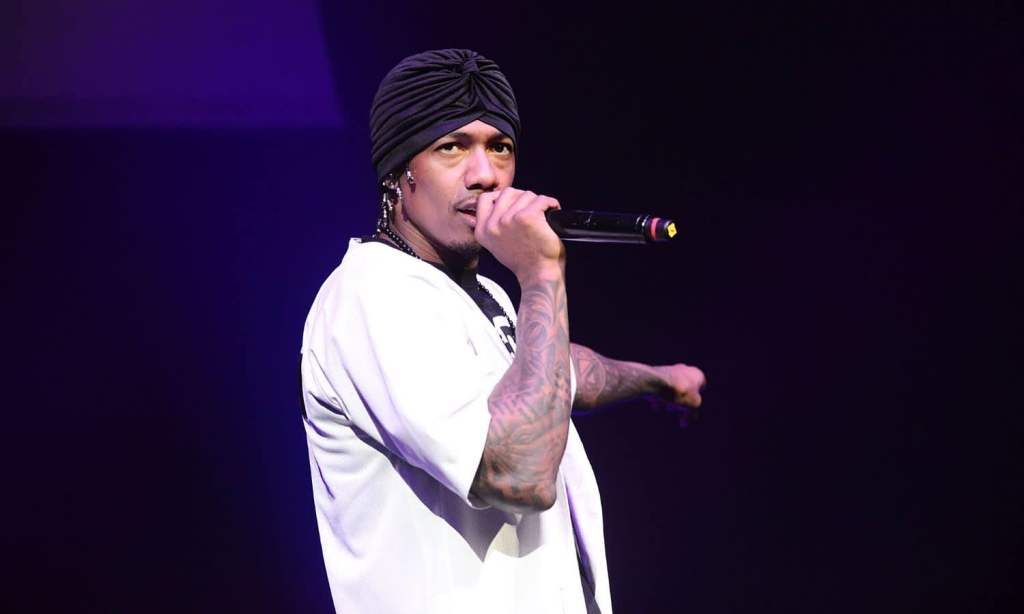On July 9, J.K. Rowling joined 150 high-profile figures in signing an open letter which warned that free speech was under threat due to an “intolerance of opposing views”.
The 530-word letter titled A Letter on Justice and Open Debate, pointed out that also spreading more widely in modern culture was “an intolerance of opposing views, a vogue for public shaming and ostracism, and the tendency to dissolve complex policy issues in a blinding moral certainty”.
The terminology used relates to what millennials have coined as “cancel culture” — which occurs when someone or something is ultimately “cancelled” — being culturally blocked from having prominence in a public platform or career.
And there have been numerous examples. Most recently, on July 16, US comedian Nick Cannon was dropped by ViacomCBS after making anti-semitic comments.
The comments were made on an episode of his podcast, Cannon’s Class with Richard Griffin, released on June 30. TheLatch— has chosen not to publish the comments made.
Cannon was the target of “cancel culture”, with fans and his employers quickly turning on him.
Last month, at Variety’s Virtual TV Festival (before the podcast was even released), Cannon called for a “counsel culture” in response to the firings of the Vanderpump Rules cast over racial slurs.
“In media in general, I’m usually the devil’s advocate or angel’s advocate, as they say, in part of this cancel culture where I feel like I’m not a fan of by any means,” he said at the time.
“I think we should shift the idea from ‘cancel culture’ to ‘counsel culture,’ because we all have a past. Clearly, we’re living in a very systemic infrastructure where everyone’s guilty. So in that, let’s figure out how to fix that one individual at a time. And use these times when people may say something incorrectly, or out of ignorance, and educate them.
“Whether it’s my fellow castmates that I have to come to the defence of, or someone that I don’t know at all may have made an insensitive tweet 10 years ago, I’m going to step up and I’m going to speak truth to it.”
“Clearly throughout history, we’ve all made mistakes, but that’s the beauty of it is that we can learn from previous mistakes and grow to better humanity. So I will be the defender of the cast or anybody,” he added.
So, should we adopt counsel culture over cancel culture? Or is it everybody’s right to “cancel” who they choose?
Cannon has since apologised on an Instagram Story post, but apologising is only the start. Education is key, and it’s the work that happens next that really counts.
Read more stories from TheLatch— and follow us on Facebook.

